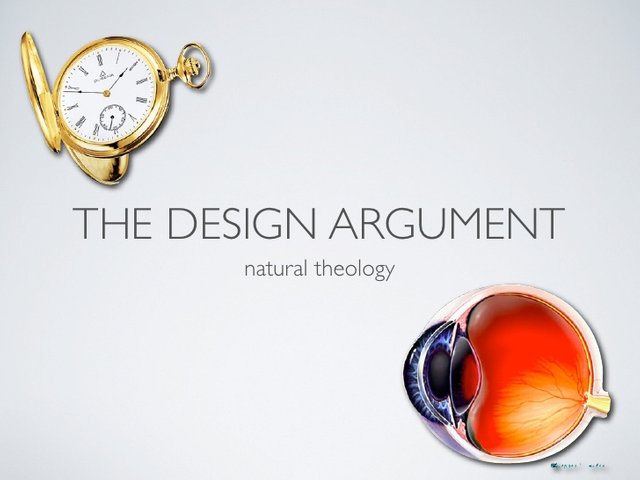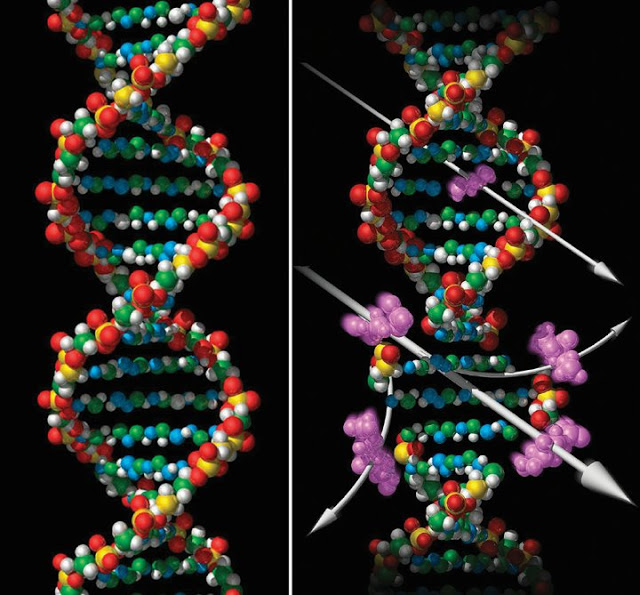DOES GOD EXIST? Part one

This is a fundamental question, one which most of us ask ourselves at some time in our lives. The answer which each of us gives affects not only the way we behave, but also how we understand and interpret the world, and what we expect for the future. If God exists, then human existence may have a purpose, and we may even hope for eternal life. If not, then we must create any meaning in our lives for ourselves: no meaning will be given to them from outside, and death is probably final.
THE DESIGN ARGUMENT

One of the most frequently used arguments for God’s existence is the Design Argument, sometimes also known as the Teleological Argument (from the Greek word telos, which means ‘purpose’). This states that if we look around us at the natural world we can’t help noticing how everything in it is suited to the function it performs: everything bears evidence of having been designed. This is supposed to demonstrate the existence of a Creator.
If, for example, we examine the human eye, we see how its minute parts all fit together, each part cleverly suited to what it was apparently made for: seeing. Supporters of the Design Argument, such as William Paley (1743–1805), argue that the complexity and efficiency of natural objects such as the eye are evidence that they must have been designed by God. How else could they have come to be as they are?
Just as by looking at a watch we can tell that it was designed by a watchmaker, so, they argue, we can tell by looking at the eye that it was designed by some sort of Divine Watchmaker. It is as if God has deliberately left evidence of his existence all around us in the world. This is an argument from an effect to its cause: we look at the effect (the watch or the eye), and from examination of it we try to tell what caused it (a watchmaker or a Divine Watchmaker).
It relies on the idea that a designed object like a watch is in some ways very similar to a natural object such as the eye. This sort of argument, based on a similarity between two things, is known as an argument from analogy. Arguments from analogy rely on the principle that if two things are similar in some respects they will very likely be similar in others.
Those who accept the Design Argument tell us that everywhere we look, particularly in the natural world–whether at trees, cliffs, animals, the stars, or whatever–we can find further confirmation of God’s existence. Because these things are far more ingeniously constructed than a watch, the Divine Watchmaker must have been correspondingly more intelligent than the human watchmaker.
Indeed, the Divine Watchmaker must have been so powerful, and so clever, that it makes sense to assume that it was God.
(Taken from Philosophy: The Basics, fifth edition by Nigel Warburton)

assembled by chance. Looking at the complexity of the human DNA and its ability to carry so much information over generations also points to a divine creator rather than chance.

What about the human brain, the brain cells and how the brain functions in controlling other activities of the body? All these point us to one thing, an intelligent designer.
This intelligent designer can be no other person but the Christian God. He is creator and he lives forever more.
Have a blessed day fellow Steemians.
Yes God exist. @monyari